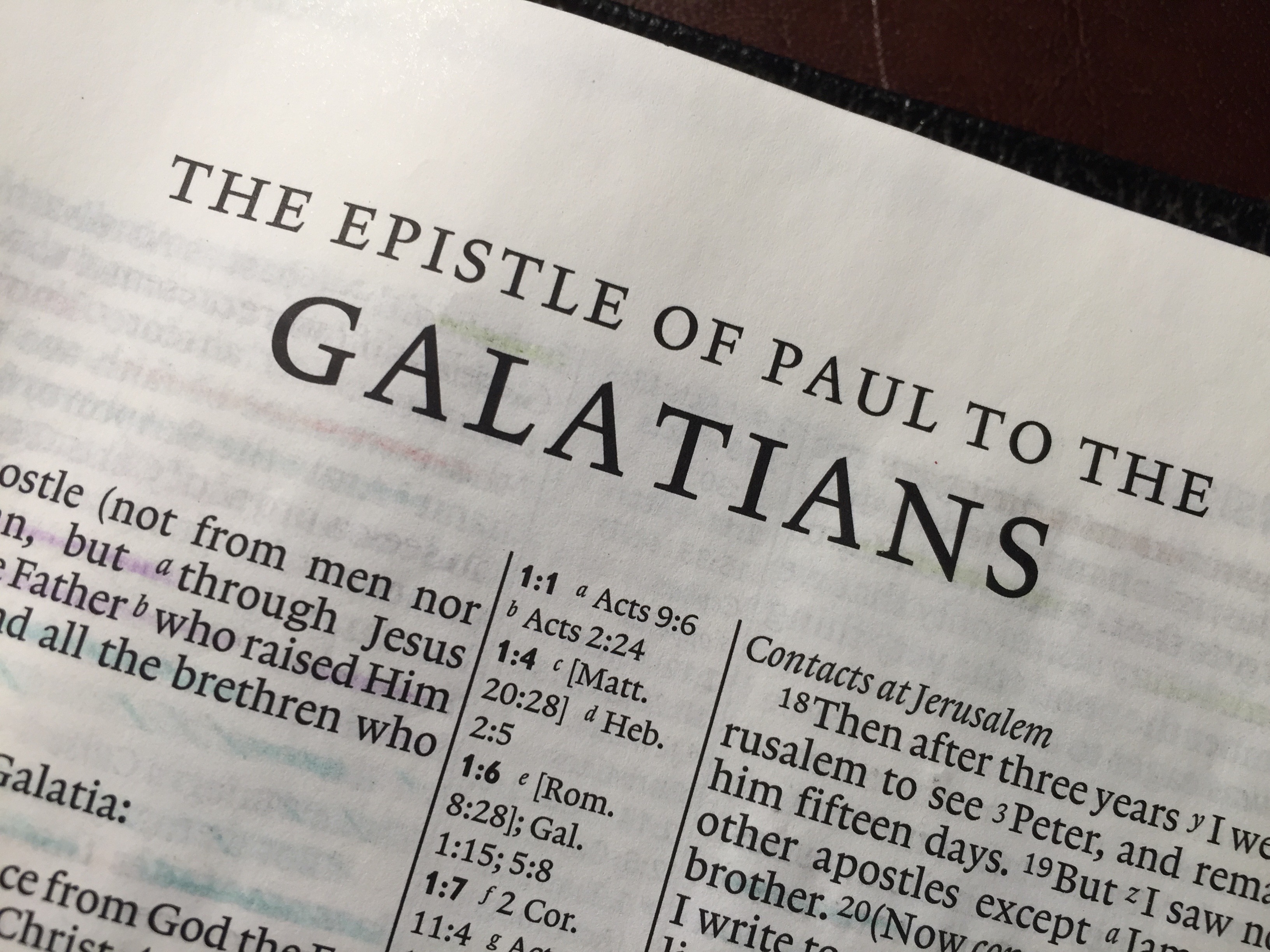The Living and the Written Torah Is the Central Theme of the Bible
The Living and Written Torah is the dominant theme of the Bible. They are one in the same thing—totally unified and absolutely indivisible, which is why I used the singular verb is and not the plural are in the previous sentence. Another way to say this is that whole Bible is about Yeshua the Torah-Word of Elohim who was made flesh (John 1:1, 14).
To illustrate this point, as we shall discuss later, we find this dominant theme prominently highlighted at the beginning, middle and end of the Scriptures.
In this study, we will focus more heavily on the Written Torah, as opposed to Yeshua the Living Torah, although in our minds, without Yeshua, it’s impossible to fully understand, much less obey the Written Torah. Furthermore, it is only Yeshua, the Living Torah and not the Written Torah who is capable of saving us from our sins and giving us eternal life.
The Written Torah Defined
Let’s first define our terms. What does the word Torah mean as defined in the Bible? The primary meaning of the Hebrew word Torah, VRU< (Strong’s H8451, TWOT 910b) is “teaching, precept, instruction” and not law, although it is translated as such some 219 times in the Tanakh (Old Testament). What is the fuller meaning of the word Torah?
According to Strong’s Expanded Exhaustive Concordance of the Bible, Torah, as already noted, signifies primarily direction, teaching, instruction (Prov 13:14). It is derived from the verb yarah/VRh meaning “to project, point out” (Strong’s H3384) and hence to point out or teach. The law of Elohim is that which points out or indicates His will to man…Seen against its background of the verb yarah, it becomes clear that Torah is much more than law or a set of rules. Torah is not restriction or hindrance, but instead the means whereby one can reach a goal or ideal.
Similarly, The Theological Wordbook of the Old Testament states that the word Torah means “teaching” whether it is the wise man instructing his son or Elohim instructing Israel. The wise give insight into all aspects of life so that the young may know how to conduct themselves and to live a long blessed life (Prov 3:1f). So too Elohim, motivated by love, reveals to man basic insights into how to live with each other and how to approach Elohim. Through the Torah, Elohim, shows his interest in all aspects of man’s life which is to be lived under his direction and care. The Torah of Elohim stands parallel to the word of YHVH.
As already noted, the word Torah originates from the root word yarah vRH (Strong’s H3384), which also means “to flow as water, to lay or throw as in shooting an arrow; to point out as if aiming the finger to make a point, to teach.” Another cognate (related word) of the word Torah is the Hebrew word moreh (Strong’s H4175) which means “teacher or archer (as in one who shoots at a target).” Moreh vRun derives from the same Hebrew root word, yarah, as does the word Torah and signifies that law is the revelation of Elohim’s will (e.g. Isa 1:10). Therefore, when one is walking according to the Torah of YHVH Elohim, one is walking in the light of YHVH’s truth, which is hitting the mark of righteousness. Likewise, YHVH’s teachings or instructions are a river of life flowing from his throne aimed at hitting the mark of truth and righteousness. By contrast, the Hebrew word for sin is chata (Strong’s H2298) which means “to miss the mark,” i.e. transgressing the Torah as 1 John 3:4 states, Sin is the transgression of the Torah.
The meaning of word Torah when analyzed through its Paleo-Hebrew pictographic letters yields some interesting insights from yet another perspective that are worth noting. The definition of the word Torah VRu< from the Paleo-Hebrew is as follows:
- Tav means “sign, seal, covenant.”
- Vav means “nail, peg, secure, add.”
- Resh means “head, person, highest.”
- Hey means “behold, reveal.”
The meanings of the individual picture-letters when combined give us the following expanded understanding:
- The Torah is “the highest secure covenant revealed.”
- The Torah is “the covenant or sign that reveals the secure head or highest person” (i.e. YHVH-Yeshua).
The Origin of Torah and Its Introduction into the World
The Torah predates Moses who gave the law to the children of Israel at Mount Sinai. There are many examples in both the books of Genesis and Exodus before Mount Sinai that YHVH’s servants both knew of and followed the Torah. That is another study and beyond Continue reading








